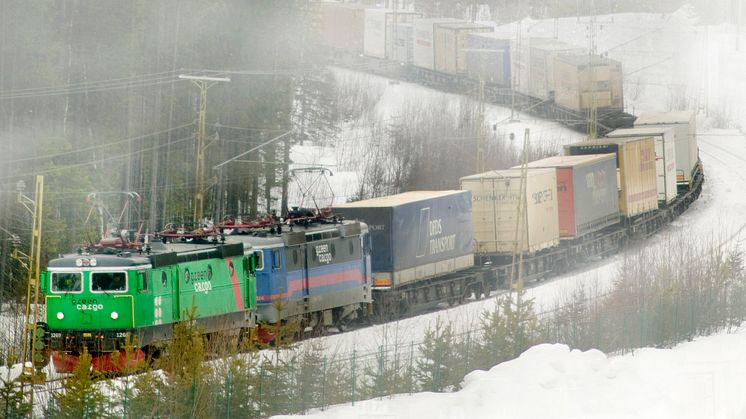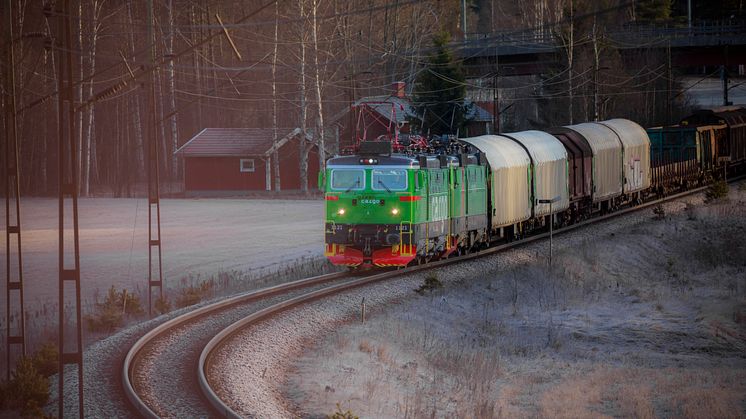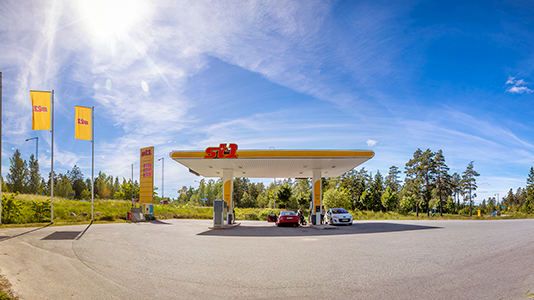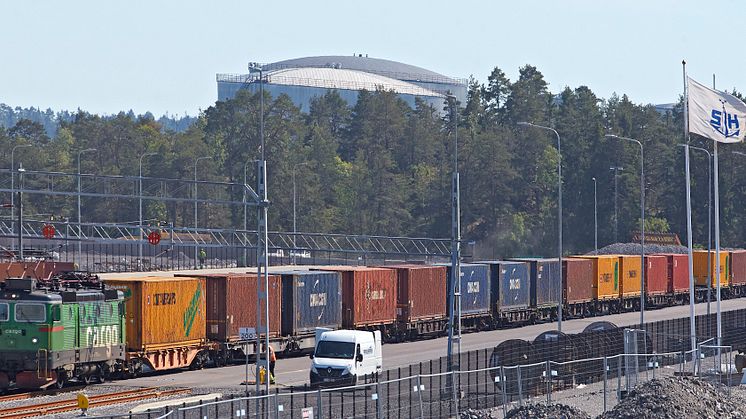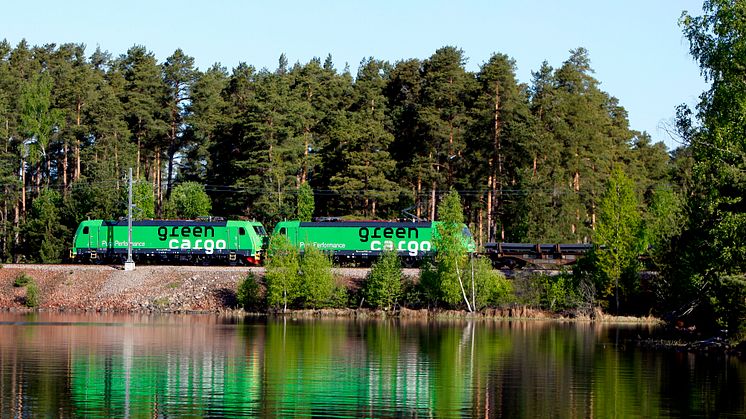TAC (Track Access Charges) reduction provides fast and unbureaucratic relief for railway undertakings (RUs)
The rail freight sector has made tremendous efforts to keep Europe’s countries running, supporting both industry and society throughout the COVID-19 pandemic. Our employees were considered frontliners in the task to supply hospitals with masks, hydro-alcoholic solution, energy to heat medical buildings and maintain continuous supplies of goods like food and beverages in stores.
